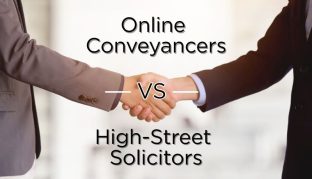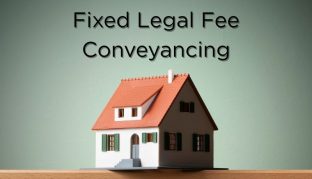Home »
Navigating your move
Insightful information and expert advice to make you feel confident and informed, every step of the way.
Conveyancing timelines for buying freehold properties in England take approximately 16 to 18 weeks. …
There are few greater feelings in the house buying process than when your offer …
Muve is a good choice for buyers who prefer fast conveyancing in England and …
Learn how to differentiate online conveyancers and traditional high-street solicitors so you can choose …
Discover the details of “fixed legal fee” conveyancing, what services are included and what …
Find out how to use conveyancing fees calculators to estimate the cost of buying …
Latest news
Keep up to dates with the latest company news.

Mission: complete.
Our responsive team of experts keep our customers up-to-date at every stage of their home moving adventure.
GET A QUOTEFAQs
Conveyancing is the legal part of the house buying and selling process. It is required by law that specific parts of the process are undertaken by regulated law firms, like us, and the people that conduct the work are your conveyancers
Exchange, or “exchange of contracts” is the moment the agreement for the sale of the property is made legally binding by the conveyancers for each party, over the phone. It is the point at which the actual completion date, the day you move in/out of the property is fixed. A deposit of 10% of the purchase price is usually paid to the seller’s conveyancer at the time of exchange of contracts
Conveyancing involves legal steps to transfer property ownership. It begins with an offer acceptance, followed by searches, inquiries, and contract preparation. Upon exchange, parties are legally bound. Post-exchange, final checks, mortgage arrangements, and settlement occur. The process concludes with the transfer of funds, title deeds, and registration, marking the successful transfer of property ownership.
Search indemnity is an insurance policy to protect against any financial losses a property owner incurs as a result of undisclosed issues that would otherwise have been revealed by search results, if they had been obtained. It provides peace of mind while also ensuring the purchase transaction can progress quickly and smoothly, avoiding delays in awaiting search results.











